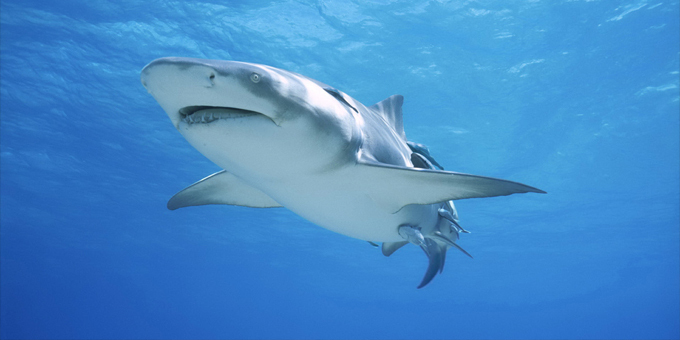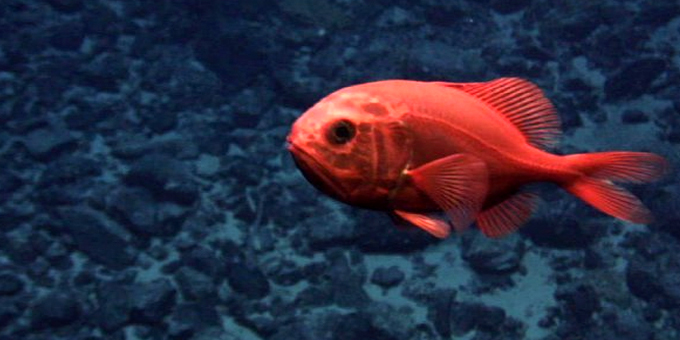January 06, 2014
Maori fishing trust rejects shark fin soup panic


Te Ohu Kaimoana is warning that new measures to address shark finning don’t reflect the New Zealand situation and could lead to unnecessary waste.
New Zealand has come under fire from groups like Greenpeace, which accuse it of contributing to the worldwide decline in shark numbers to feed the demand by Asian gourmets for shark fin soup.
But in a submission on the Ministry for Primary Industry’s discussion paper on the review of the National Plan of Action – Shark, the Maori fisheries settlement trust says the practice of taking the fins off live sharks is already illegal in New Zealand.
It says while Maori support international engagement, in discussions with other countries New Zealand needs to reflect on the state of the stocks in its waters and how far its quota management system already provides an appropriate management regime.
“We consider it is important not to be driven by a situation that exists elsewhere in the world, and bind ourselves to measures that are not necessary in New Zealand,” says Te Ohu Kaimoana’s fisheries leadership manager, Kirsty Woods.
While New Zealander fishers don’t target sharks for their fins, sharks are a major by-catch in some fisheries such as tuna long lining.
As the bulk of the shark trunk is low value and in some species will spoil, the fishers prefer to remove the fins and dump the rest of the fish.
Ms Woods says Te Ohu Kaimoana supports live release of by-caught shark, where possible, and measures to reduce waste and promote greater utilisation of shark species.
She says while the bulk of the plan was developed in consultation with the industry, the ministry’s covering letter includes additional measures and timetables that conflict with the main document.
These proposals include requiring the shark trunk to be landed with fins naturally-attached, or bringing in a “shark trunk-to-fins” ratio policy requiring fishers to account for all catch, and maintaining strong traceability between the shark fins landed and the corresponding processed shark flesh.
“We would not like to see a situation that requires sharks to be landed, only to find that most are designated to a landfill. We don’t think this kind of result does much to address the issue of waste. A better option would be to return the carcass to the sea and ensure that it is fully reported,” Ms Woods says.
Copyright © 2014, UMA Broadcasting Ltd









